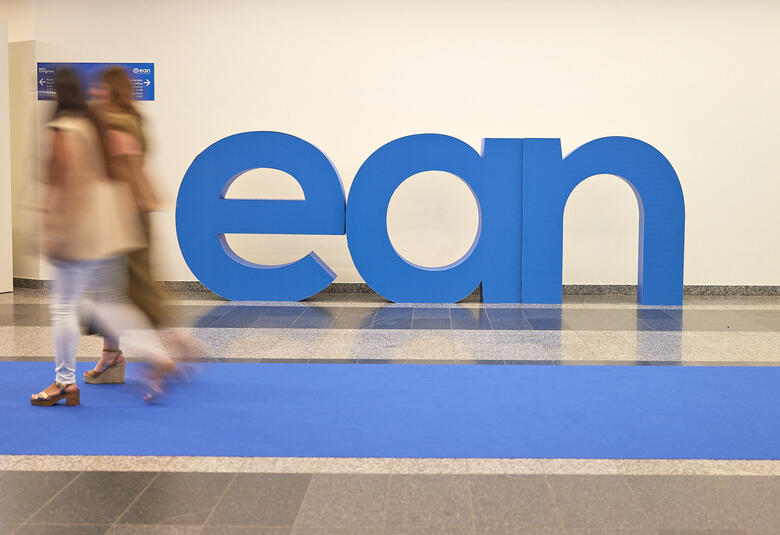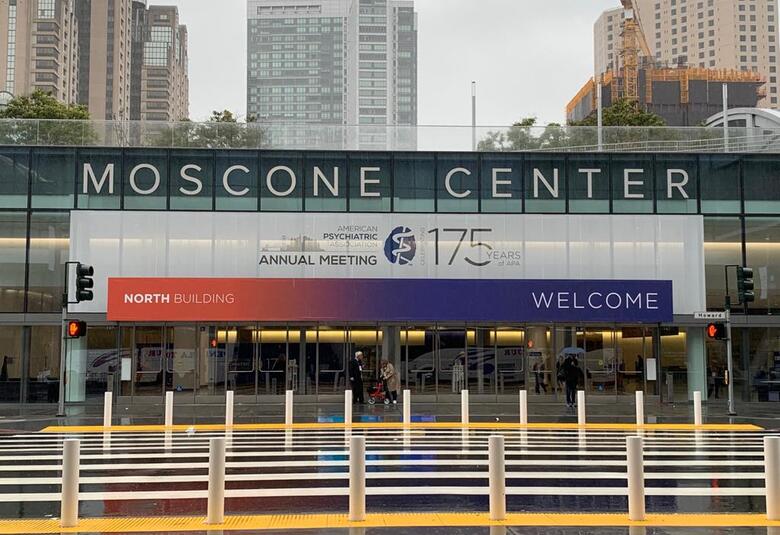For years, the massive burden of mortality and morbidity caused by neurological diseases was not adequately reflected in the priorities of governments and global health organizations. This is now starting to change. The #brainlifegoals advocacy campaign will play its part.
Neurology has at times not been a distinct focus of attention for global and regional health organizations, Tadeusz Hawrot, of the European Federation of Neurological Associations (EFNA) told the EAN 2020 Virtual Congress session on Brain Health.
With the greater prominence now being given to brain health, this situation is changing, Dr Hawrot reported.
A focus on brain health is helpful in raising the profile of neurology
Neurology and brain health higher on the international agenda
In 2015, neurological diseases were the largest contributor to the worldwide burden of disease, being responsible for 10.2% of global Disability Adjusted Life Years (DALYs), and the second largest cause of global deaths (16.8%).1 The most prevalent disorders were headaches (including migraine) and dementias.
In this context, EFNA - alongside the EAN and the European Brain Council, - has helped build an effective coalition of partners interested in raising the profile of neurology.1, 2
Neurological diseases were responsible for 9.4 million deaths in 20151
In 2019, the WHO founded a Brain Health Unit with the task of formulating an integrated policy encompassing prevention, treatment and rehabilitation of neurological diseases. In October 2019, neurology received a specific mention in the WHO Mental Health Forum.3 And brain health as a global priority was discussed by the European Parliament in February 2020.4
This led to an editorial in Lancet Neurology advocating brain health as a radical proposal for the EU budget.5
People with lived experience are equal partners
In promoting a strong global voice for neurology, people with lived experience need to be equal partners in advocacy, Dr Hawrot argued. This theme was taken up by Elizabeth Cunningham, also of EFNA, who urged people to participate in the #brainlifegoals campaign, which showcases what matters most to people with brain disorders.
Science working hand in hand with people with lived experience to raise the profile of neurology
This is expressed through their photography, painting, and work in other creative media. It is encouraged by project grants and the celebration of World Brain Day, and informed by research such as the ongoing multilingual survey to identify factors that contribute to stigma against people living with neurological disorders.
Our correspondent’s highlights from the symposium are meant as a fair representation of the scientific content presented. The views and opinions expressed on this page do not necessarily reflect those of Lundbeck.




